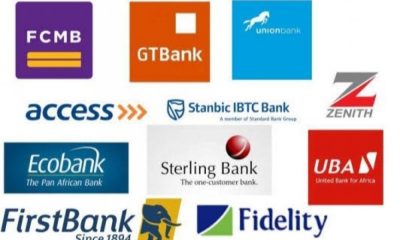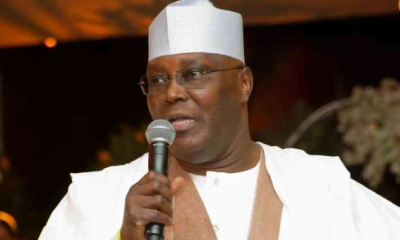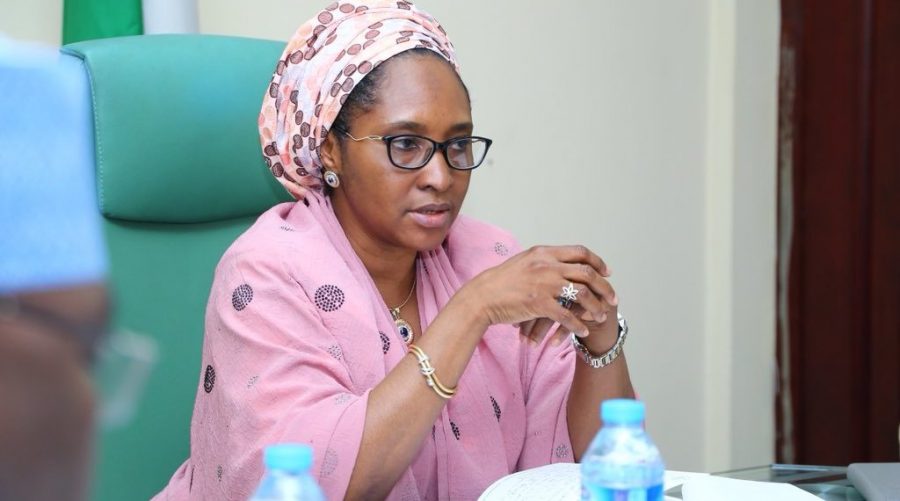After Wednesday’s Federal Executive Council meeting in Abuja, Minister of Finance, Mrs. Kemi Adeosun told journalists that instead of borrowing Naira, Nigeria is now borrowing in dollars, and at a cheaper rate.
Mrs Adeosun opines that by borrowing in foreign currency, the government gets to pay lower interest rates and would further benefit as reserves will increase thus boosting the exchange rate.
“In terms of the impact on naira, it’s going to be positive because it means that $3 billion will be coming into our foreign reserve. It will actually increase our foreign reserves. Adeosun
While foreign denominated interest rates are cheap, Nigeria’s foreign exchange income is dependent on crude oil prices and production volumes.
A drop fall in crude oil prices or a drop in production, could leave the government struggling to pay back debt. If this or any system shock occurs, Nigeria might find it difficult meeting its repayment obligations and may then have to devalue or float its currency to meet the obligations of foreign creditors.
ALSO SEE: Naira bounces back as Dollar tumbles against rival currencies
During the last economic crisis, Nigeria refused to float the currency despite foreign pressures, in part because we did not have significant dollar obligations that may have forced a float to avoid a default.
On paper, any form of borrowing at a cheaper rate will always be welcomed. However, what is worrying is the risk involved in borrowing from foreign lenders.
Unlike, local borrowings, the government can simply order the CBN to print more naira which it can use to repay loans. It does not have the luxury to do this with foreign debts.
Whilst we agree that Nigeria’s treasury bills rate are high, the loans are short-term in nature and does not actually require that we use dollar loans to refinance it.
The reason why the government is borrowing at exorbitant rates is because the CBN is mopping up cash to ensure the exchange rate is stable. All it needs to do is wait for the inflation rate to fall below 14% and then crash treasury bills rate.
The real danger for Nigeria actually lies with the naira denominated debts owed by the FG which carry coupon rates of 18% and above. These are the loans Nigeria needs to refinance, if necessary, and not treasury bills.

 Business1 week ago
Business1 week ago
 Football1 week ago
Football1 week ago
 Entertainment6 days ago
Entertainment6 days ago
 Entertainment3 days ago
Entertainment3 days ago
 Business1 week ago
Business1 week ago
 Latest1 week ago
Latest1 week ago
 Comments and Issues6 days ago
Comments and Issues6 days ago
 Business6 days ago
Business6 days ago












